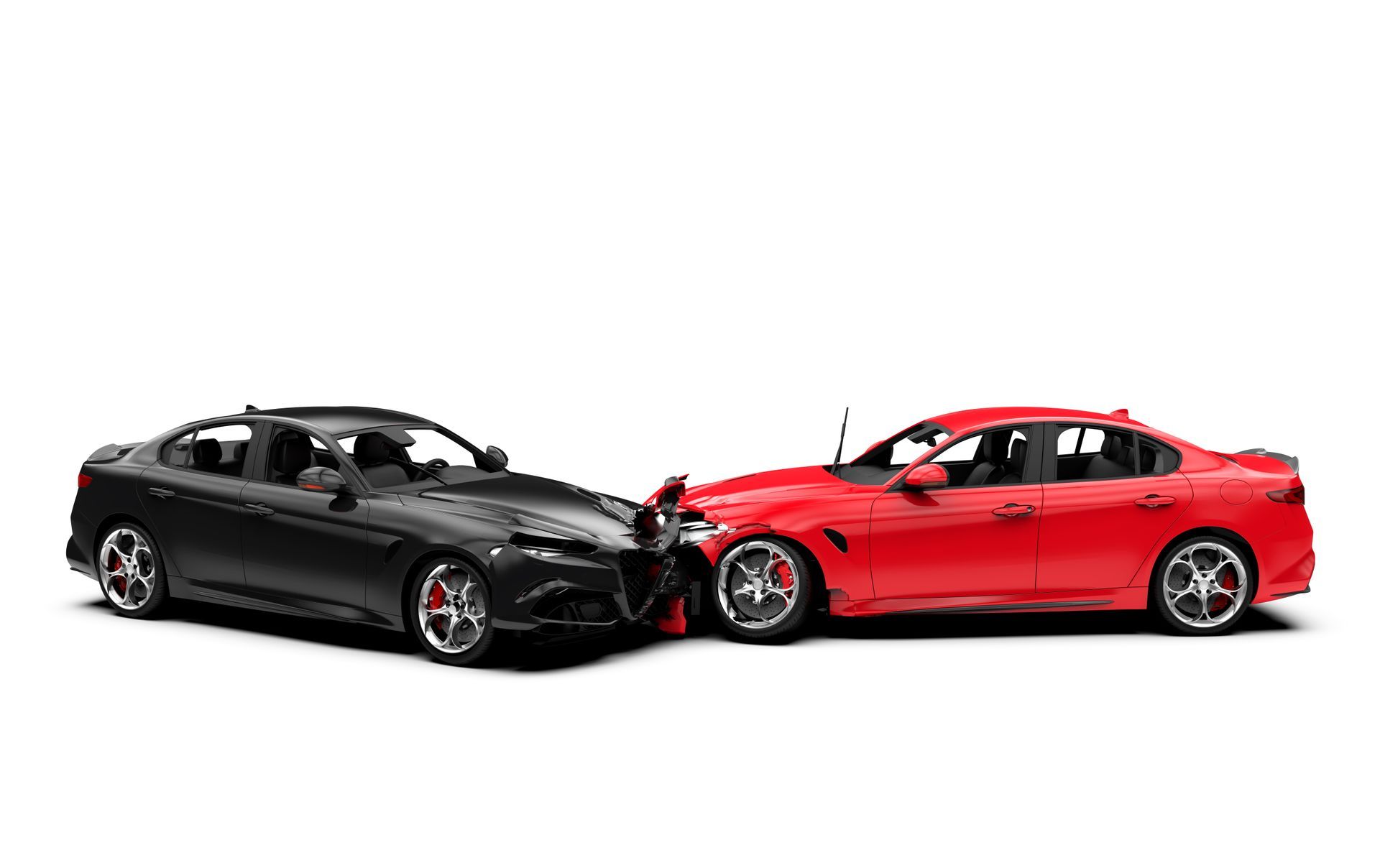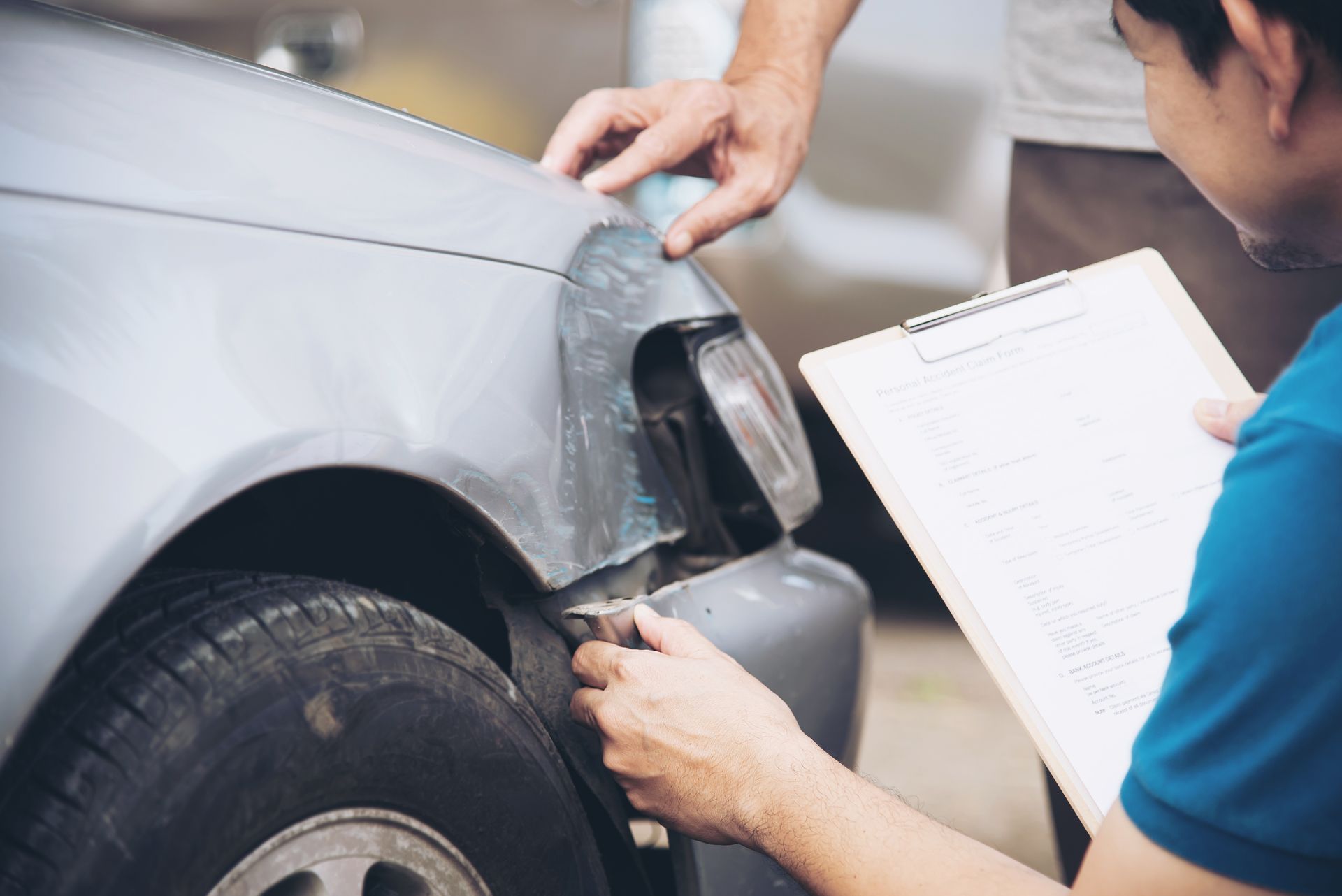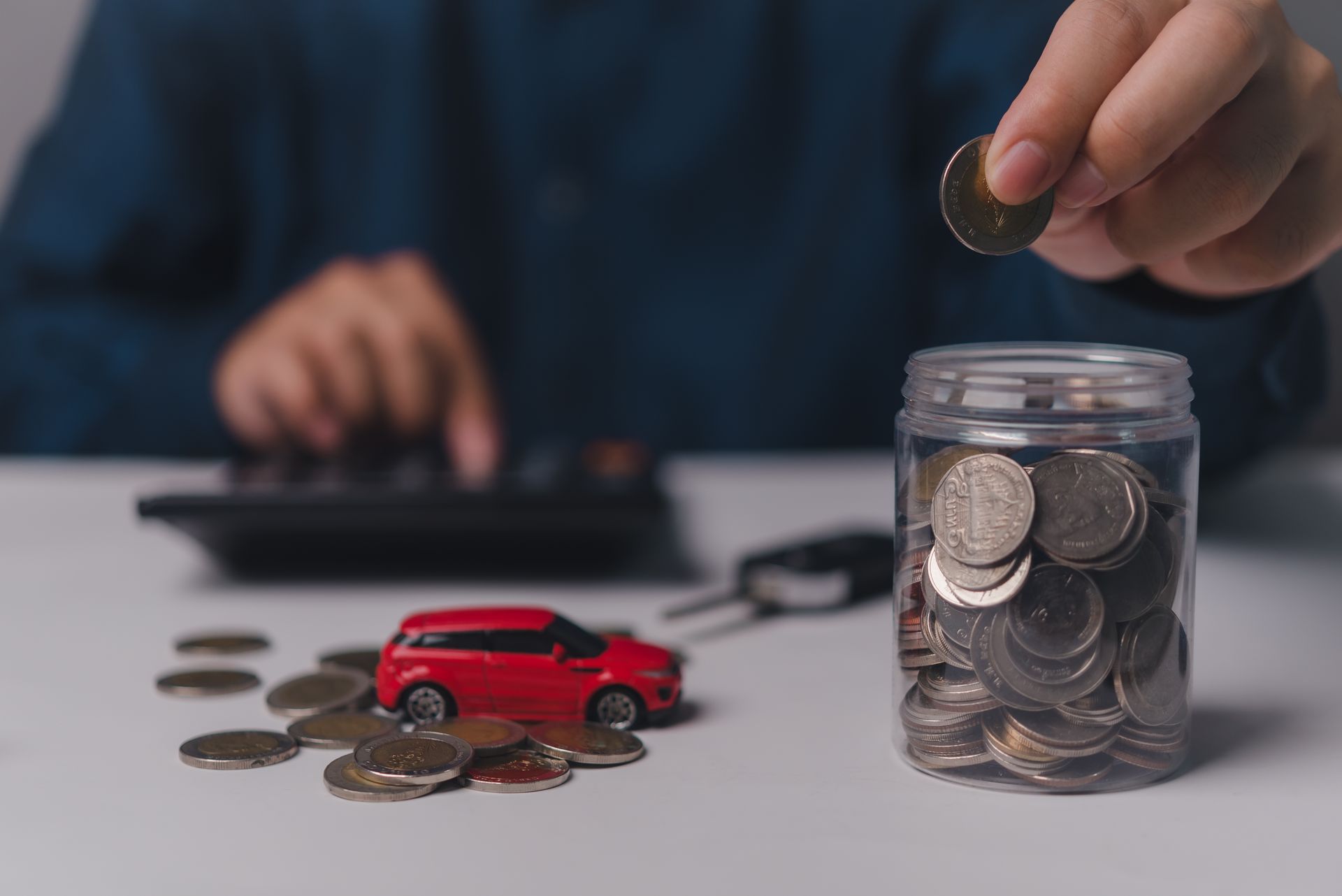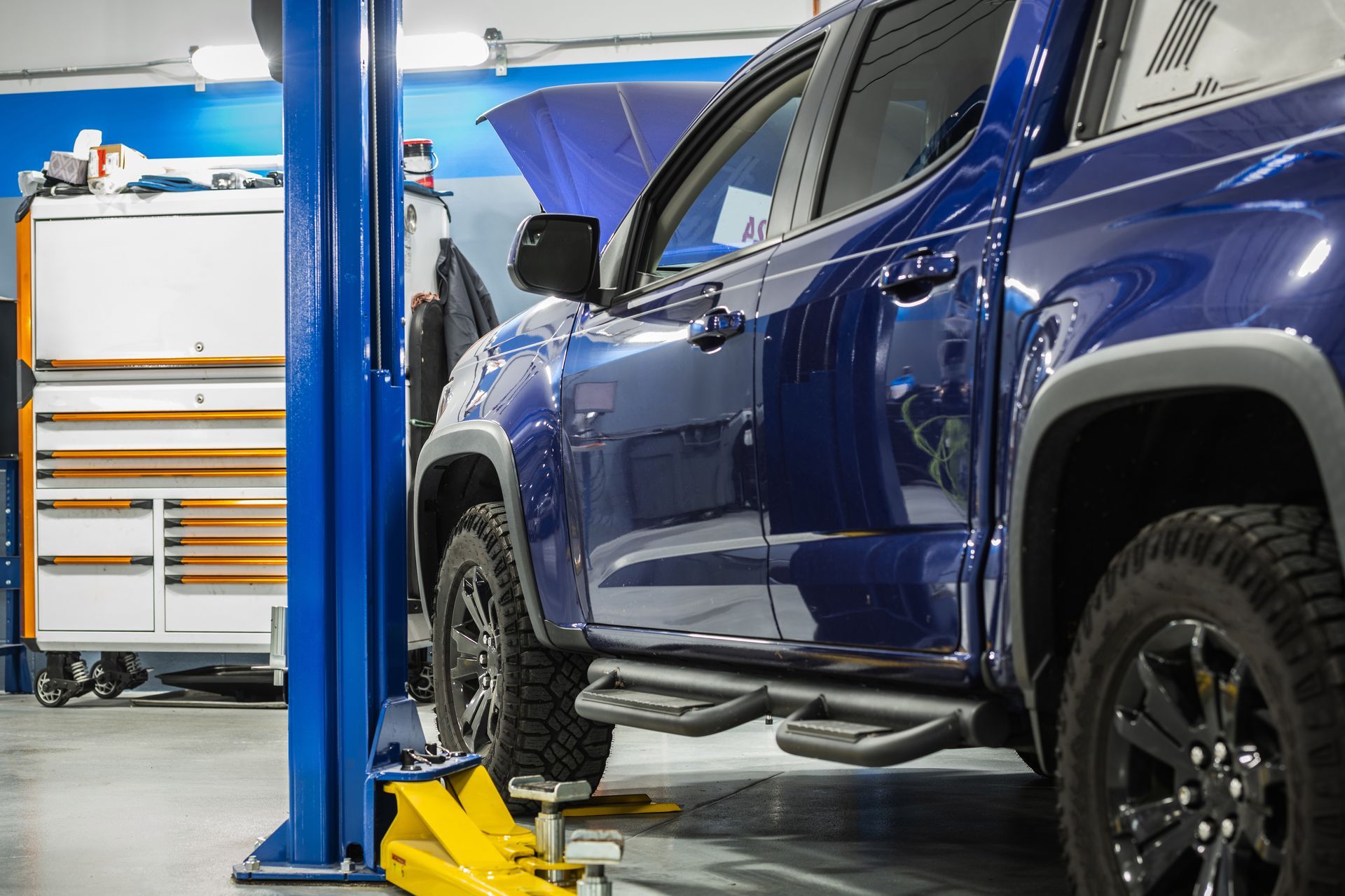What Is Diminished Value, and How Does It Affect My Vehicle Post-Repair?
Learn how diminished value affects your vehicle’s market worth after repairs and what it means for your financial future.

After an accident, many people ask: Will my car be worth the same once it’s repaired? Even after high-quality repairs, the accident history alone can impact your car’s value. This concept is known as diminished value, and it’s important to understand if you plan to sell or trade-in your vehicle. In this post, we’ll break down what diminished value is, the different types, and how it could affect your car after repairs.
What Is Diminished Value?
Diminished value is the drop in a vehicle’s market value after it’s been in an accident, even if it’s fully repaired. Many buyers and dealerships see an accident history as a risk, which can lower the price they’re willing to pay. This is especially relevant for those who plan to sell or trade in their car, as diminished value could reduce its resale price.
Types of Diminished Value
There are three main types of diminished value, each related to different stages of repair and resale:
Inherent Diminished Value:
This is the most common type and refers to the automatic decrease in market value simply because the vehicle was in an accident. Even if repairs are excellent, the accident history alone can make it less appealing to buyers.
Immediate Diminished Value:
This type reflects the vehicle’s temporary drop in value right after an accident but before any repairs are done. While this value loss doesn’t always affect long-term resale, it can be relevant in insurance evaluations.
Repair-Related Diminished Value:
This type occurs when substandard repairs or poor-quality parts further reduce the vehicle’s value. For example, mismatched paint or visible flaws can make the car less desirable and lower its resale price.
Knowing which type of diminished value applies to your situation can help you make the right choices about repairs and insurance claims.
How Diminished Value Affects Your Car Post-Repair
Even after top-quality repairs, diminished value can impact your car’s worth in a few ways:

Lower Resale or Trade-In Offers
Dealerships and buyers often consider accident history a negative factor when determining a car’s value. They may offer a lower price for a car with previous damage, especially if the damage involved the car’s structure.

Insurance Claims and Compensation
In some cases, you may be able to file a diminished value claim with the at-fault driver’s insurance. If you weren’t at fault, some insurance companies offer compensation for the loss in value. However, you’ll usually need a professional diminished value assessment to verify the car’s reduced worth.

Buyer Hesitations
Buyers may be hesitant to purchase a car with an accident history, even if the repairs are high quality. The accident history alone can make your car harder to sell at its pre-accident market price.

Long-Term Investment
If you see your car as an investment, diminished value can reduce its resale potential. While it might not matter immediately, diminished value can impact your car’s return on investment down the road.
How to File a Diminished Value Claim
If you weren’t at fault for the accident, you may be able to file a diminished value claim against the at-fault driver’s insurance.
Here are some steps to take if you’re thinking about filing a claim:
- Get a Professional Diminished Value Assessment: This gives documentation of the vehicle’s current value compared to its pre-accident worth. Many insurance companies require this assessment for claim consideration.
- Collect Repair Records: Keep all repair records as proof of the accident history and repair quality, which can support your diminished value claim.
- File the Claim Promptly: Diminished value claims often have time limits, so it’s best to contact your insurance company or attorney soon after the accident to explore your options.

Reducing the Impact of Diminished Value
Although you can’t prevent diminished value completely, there are ways to limit its impact:

- Ensure Quality Repairs: Choose a reliable collision repair shop like VICE Collision, which uses quality materials and trained technicians to restore cars to factory standards. High-quality repairs can reduce the risk of repair-related diminished value.
- Keep Documentation: Maintain a record of your repairs and any diminished value assessments. Having thorough documentation can strengthen your position if you choose to file a claim or if buyers ask for proof of repair quality.
- Consider Holding On to the Car: If diminished value has a major effect on your car’s resale price, you might consider keeping it longer before selling. Over time, the accident history may have less of an impact on its value, especially if you’ve kept up with maintenance.
The Bottom Line
Diminished value is an important factor for anyone involved in an accident, as it can impact your car’s worth even after repairs. Knowing the types of diminished value and understanding how to address them can help you protect your investment and make informed choices about repairs and claims.
At VICE Collision, we offer professional assessments to help you understand your vehicle’s post-repair value. From collision repair to diminished value assessments, we’re here to support Arizona drivers with transparent, high-quality service.
Need a Diminished Value Assessment? Contact VICE Collision Today
If you’ve been in an accident and want to know your car’s true market value, contact VICE Collision today.
We’re here to provide accurate assessments so you can make the best choices for your vehicle.
Call us at 480-300-5034 or fill out our contact form to schedule your assessment.
All Rights Reserved | Vice Collision

